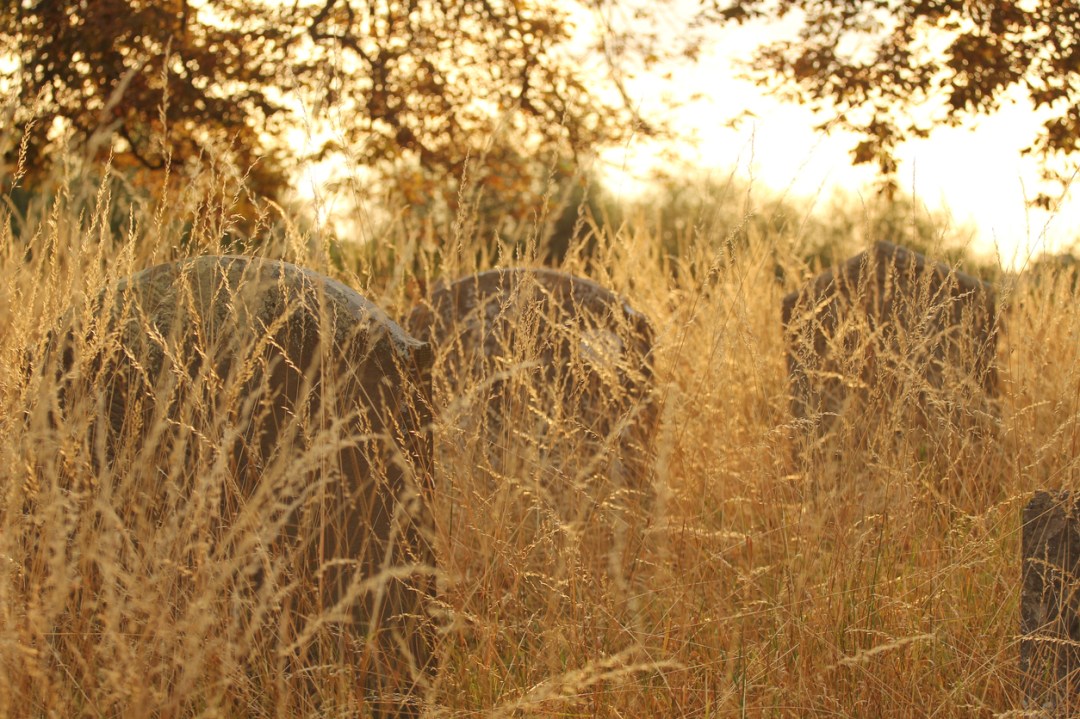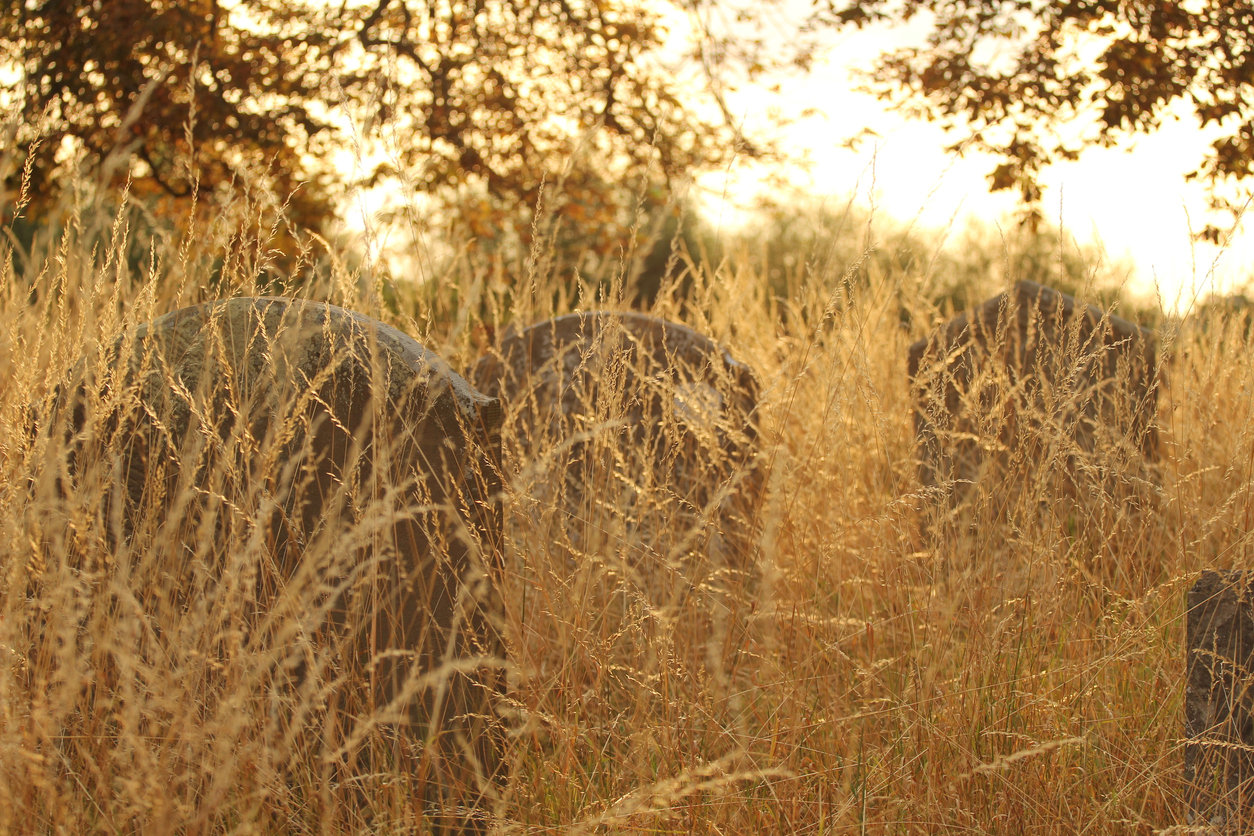In the village where we used to live, the churchyard was just over the road from our cul-de-sac. I often used to potter around on my lunchbreaks, or pass through on walks. The oldest gravestone I managed to find, if I remember correctly, was for a local chap who had died in his seventies around the year 1750, which meant that he had been born towards the end of the reign of Charles II, some three hundred years before my own birth.
There is a quiet consolation in the long continuity of communities
There was a strange comfort in thinking that the man whose mortal remains lay – or had once lain – beneath my feet had walked the same hills and fields as me, had known the same church and the same valley. No doubt he had wondered, each November, whether the intermittent stream would flow that winter, as we did in our years there. If he had been resurrected in the 2020s, the shape of the village would still have been familiar, even if the buildings were not. I felt a kind of fleeting communion with him. Our lives had been separated temporally by an enormous span of years, but we were members of the same place.
Part of the value of churchyards is reminding us that we have a fellowship with those who have gone before. Edmund Burke, of course, had the classic formulation of the idea, describing society as ‘a partnership not only between those who are living, but between those who are living, those who are dead, and those who are to be born.’ Many people find them good places to contemplate, perhaps because there is a quiet consolation in the long continuity of communities and families, and the knowledge that, in the words of the King James Bible, all flesh is as grass.
I was intrigued, therefore, to see that the Church of England is proposing the rewilding of some churchyards – to deliberately reduce mowing, for example, with a view to increasing biodiversity and growing rare plants and flowers in the areas with older graves. Possibly there is an element of making a virtue of necessity, given the difficulties of finding people to manage churchyards on either a voluntary or a paid basis. That said, I think we should be encouraging people to spend time in churchyards and reflect on their unique importance.
The fading of churches as centres of their community is often, and rightly, lamented. Turning some churchyards into mini-nature reserves is not going to reverse this trend. All the same, it is a good idea to encourage people to find some of the loveliness and life among the tombstones, to think about the frailty of human endeavour, and even to confront the reality of death. We are increasingly shy about the subject. I have relatives in Ireland, where funeral traditions such as open caskets and the coffin being kept at home the night before the funeral remain widely observed. My own family has followed them. But in the United Kingdom, these things are often met with incomprehension and amazement, as if they very idea of being in close proximity to a corpse, or letting one in your home, is self-evidently awful.
One might note too the unstoppable rise of the light-hearted funeral, with growing trends for bright colours, upbeat songs and relaxed dress codes. Jokes and indulgent eulogies are the order of the day. The awful looming mystery is pushed to one side.
In a churchyard, with the birdsong in the trees and the wind rustling the wildflowers, such diversions seem to lose their power and their necessity. Our ultimate lack of mastery over the fact of our own demise – symbolised by the grass and mosses overtaking ancient monuments – becomes inescapable without being terrifying, because it is softened by beauty and our awareness of the rhythms of nature. No wonder Thomas Gray’s Elegy Written In A Country Churchyard is one of the most famous poems in the English language, with its poignant yet consoling meditation on the unknown and unknowable lives that might have been lived by those who now lie forever silent. Even that self-consciously grumpy atheist Philip Larkin had some intimation of the importance of churchyards, with his realisation that churches were ‘proper to grow wise in / If only that so many dead lie round.’







Comments